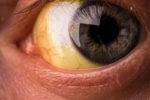Bones form the foundation of your body, and hence you should take special care to maintain the health of your bones. Your diet has an impact on bone health, both positively and negatively! Calcium-rich foods enhance bone health.
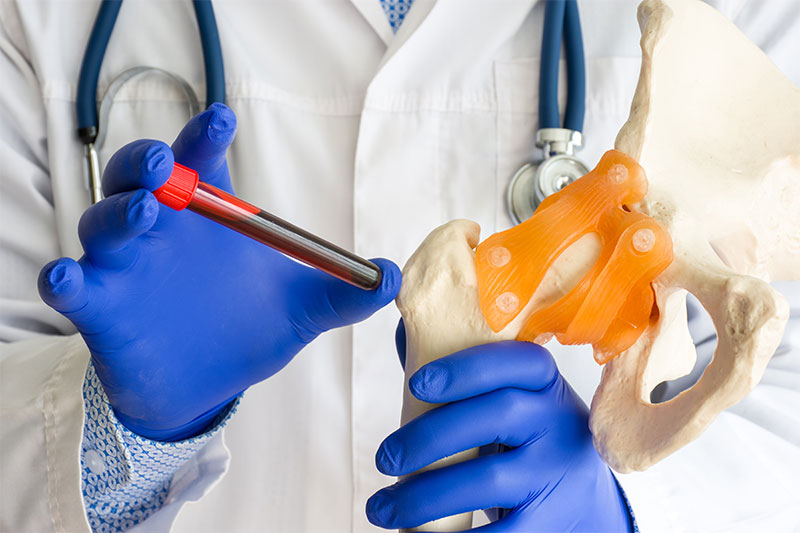
But do you know that certain other foods can cause weakening of your bones by leaching out minerals from them? Surprised? But it is a true fact. Let’s see what these bone-weakening foods are:
Soft Drinks
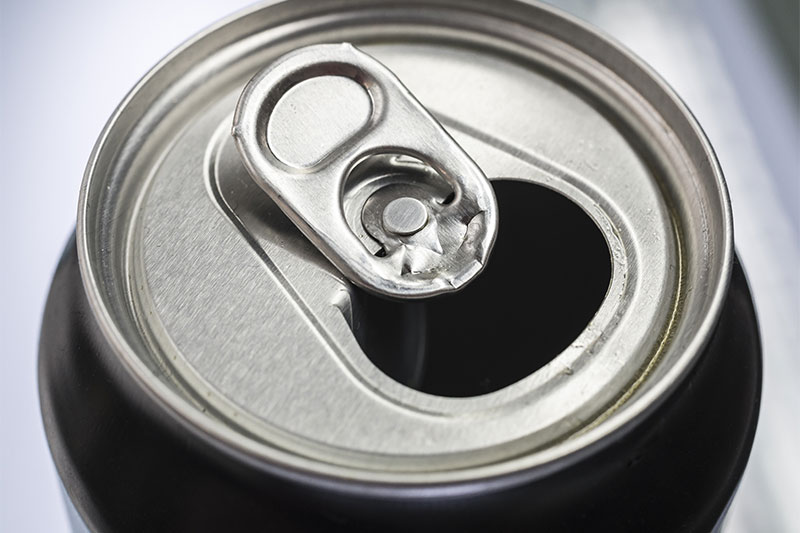
Many soft drinks contain phosphoric acid which increases the rate of calcium excretion through the urine. Additionally, many soft drink consumers avoid drinking other calcium-rich drinks like milk or calcium and vitamin D fortified orange juice, thus lowering their overall calcium intake. You can help yourself by swapping the carbonated drinks with healthy options like milk, fruit smoothie, yogurt, and calcium and Vitamin D fortified orange juice.
Salt
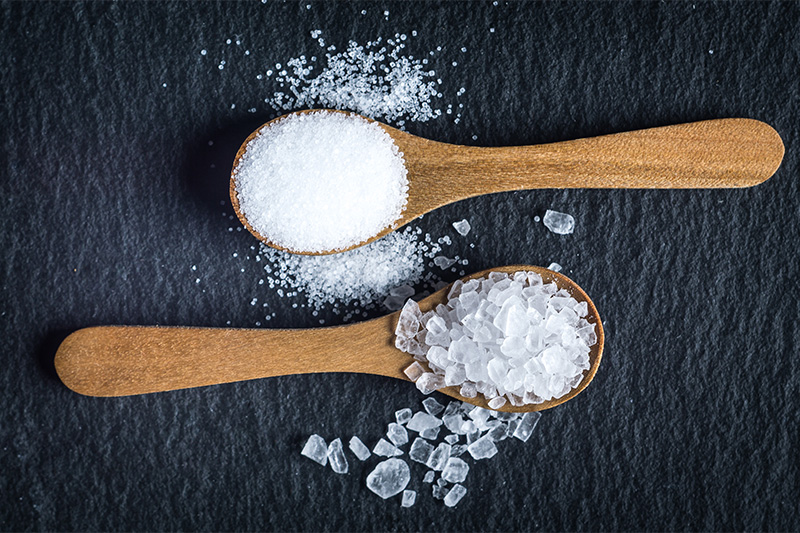
Salt, or more specifically sodium, causes calcium loss, weakening bones over time. According to experts, you would lose around 40 milligrams of calcium in urine for every 2,300 milligrams of sodium, the amount of sodium you should get in a day (present in a teaspoon of salt). In a study conducted on postmenopausal women, it was found that women who consumed a high-sodium diet lost more bone minerals in comparison to those who didn’t. Apart from table salt, salt also shows up in nearly all processed foods like breakfast cereals, whole-grain breads, and fast foods, making up 75 percent of the total sodium consumption. Cooking without salt and can help, but limiting your use of processed foods provides the most help. Eating plenty of potassium-rich foods can also help decrease the loss of calcium as potassium helps balance sodium levels in the blood. Foods rich in potassium include sweet potatoes, bananas, tomatoes, and spinach.
Caffeine
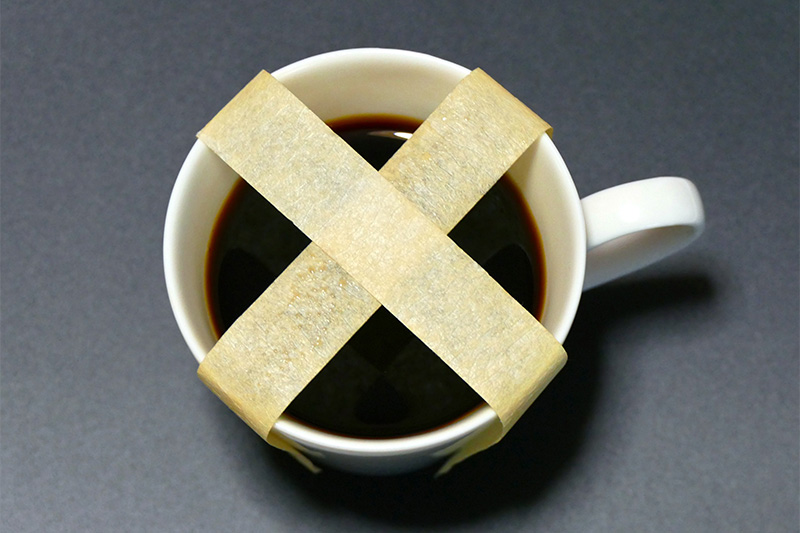
Caffeine is present not only in coffee but also in energy drinks (around 80 milligrams per can). Since caffeine-containing drinks have an addictive element, so you might find it difficult to switch to other healthy options. Limit your intake of coffee to just one or two cups in the morning while getting adequate calcium to offset any losses caffeine causes. You can also try switching to tea as research suggests that, although tea contains caffeine, it does no harm. Researchers think that plant compounds present in tea might be protecting bone. Adding milk to your coffee can also reduce some of the bone-sapping effects.
Alcohol

Research shows that excess alcohol intake can affect your bone health and increase the risk of osteoporosis later in life. When you drink too much alcohol every day, it interferes with the pancreas and its absorption of calcium and vitamin D, both of which are essential nutrients for your bones. Additionally, heavy drinking affects the functioning of osteoblasts, the bone-making cells. Some studies also suggest that alcohol decreases the female hormone, estrogen, and can lead to irregular periods in women. As estrogen levels decrease, the bone remodeling process slows down, leading to bone loss. You can help by limiting yourself to one drink every day or quitting altogether. When you quit drinking, your bones may recover fairly rapidly.
Vitamin A
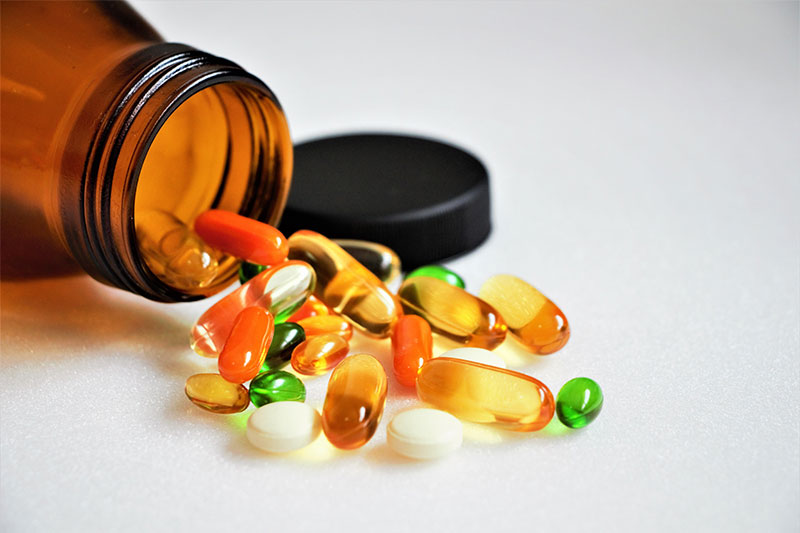
Vitamin A, found in eggs, liver and full-fat dairy is good for vision and the immune system, but a study conducted by Swedish researchers and published in The New England Journal of Medicine has found that excessive intake of vitamin A can increase a person’s risk of bone fracture by as much as seven times.
According to researchers, the findings explain the high rates of hip fractures in Scandinavia and the United States, where the use of vitamin supplements and vitamin A fortification is common. However, vitamin A is still important in small doses. You can opt for low fat or non-fat dairy products, and take egg whites only since egg yolks are rich in Vitamin A. Also, if you take a multivitamin, it’s a good idea to be aware of how much vitamin A is in your daily multivitamin to avoid getting too much.
Hydrogenated Oils
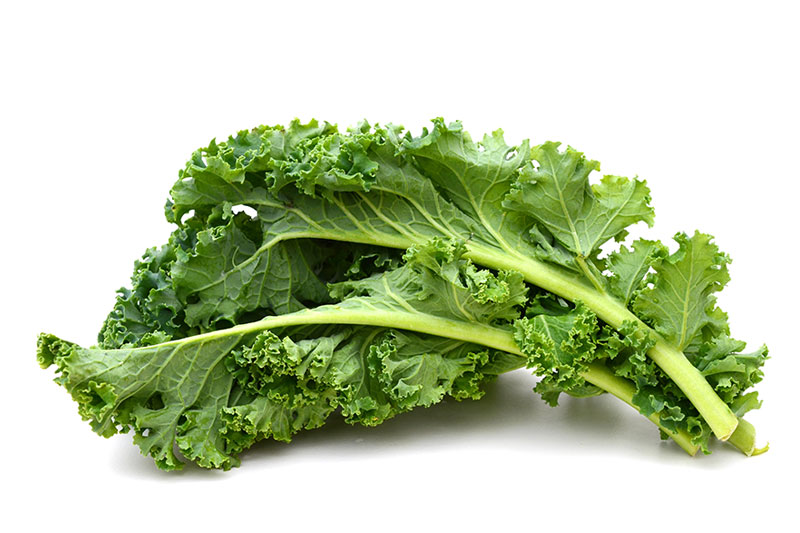
Studies have shown that Vitamin K gets destroyed when liquid vegetable oils get converted into solid oils by the process of hydrogenation. Vitamin K is needed for strong bones and for calcium absorption. Green leafy vegetables contain the highest amount of Vitamin K, and vegetable oils like canola oil and olive oil are the second-best sources. If you love baked items that are prepared by hydrogenated oils, then try making cookies and muffins at home using canola oil.
You might find it difficult to control your urges for these foods. It is not very easy, and you cannot switch over to healthy options all of a sudden. But cutting back slowly and steadily would allow you to escape the long term consequences.

